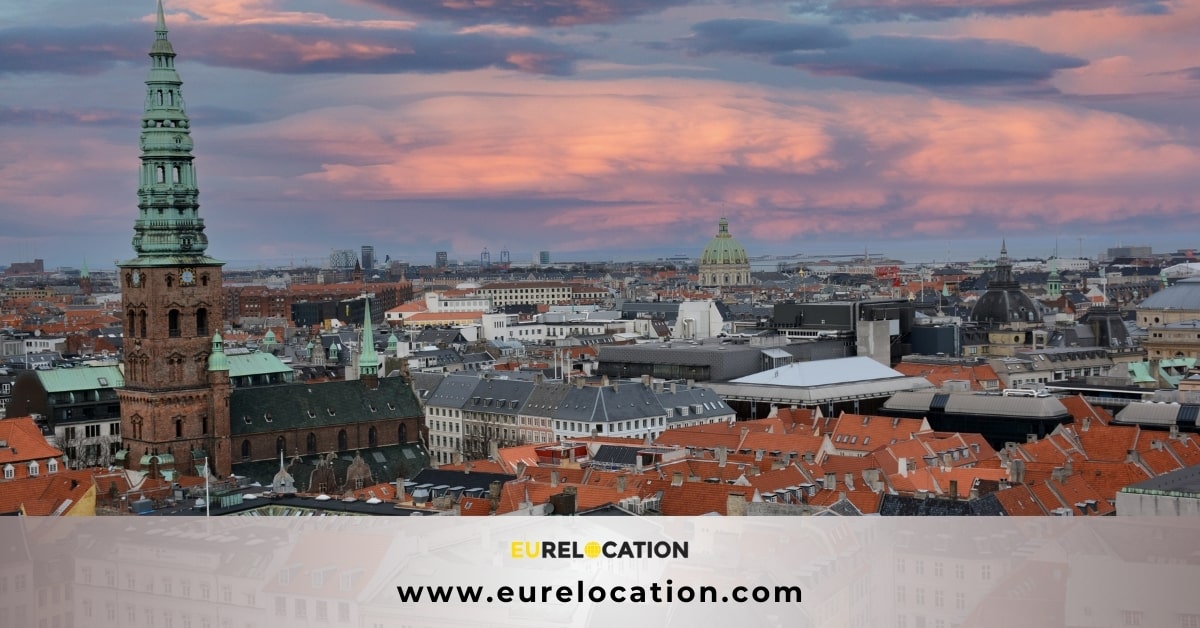Networking is essential for professional growth, especially in today’s interconnected world. For anyone looking to build professional connections in Europe, networking effectively is key. Europe, with its diverse cultures, languages, and business practices, presents both unique opportunities and challenges. This guide offers insights and strategies on how to navigate the nuances of networking in Europe.
The Importance of Networking in Europe
Networking in Europe provides access to a rich tapestry of business cultures, from the formalities observed in Germany to the relaxed approach of Southern European nations. For professionals and entrepreneurs alike, effective networking can lead to job offers, partnerships, or simply a better understanding of industry trends. However, with cultural differences across countries, success in building professional connections in Europe requires an informed approach. Understanding the diverse landscape of European business can enhance your ability to connect meaningfully with others.
Build Professional Connections in Europe: Understanding the Culture for Networking
Each European country has its own business culture, shaped by unique customs, values, and etiquette. Understanding these differences is crucial for building professional connections in Europe.
Key Differences Across European Countries
- Germany: In Germany, punctuality is of utmost importance, and meetings often follow a structured agenda. This reflects a broader cultural emphasis on efficiency and organization. When networking in Germany, be prepared for formalities, as this demonstrates respect for the process.
- France: France places a high value on personal connections. Networking often starts with informal discussions to establish rapport before moving into business talks. It is common for French professionals to prefer face-to-face interactions, so investing time in personal relationships is beneficial.
- UK: The UK has a more reserved approach to networking. British professionals may focus on subtlety and politeness, making it important to approach conversations with a degree of formality. Small talk is often a critical first step in establishing connections.
- Southern Europe: Countries like Italy and Spain adopt a more relaxed networking style. Here, building relationships over time is emphasized, and social gatherings often blend work and leisure.
- Malta: Malta, with its blend of Mediterranean and British influences, presents a unique networking landscape. Business interactions are generally friendly and informal, making it easier to establish connections. The Maltese place a strong emphasis on personal relationships, so taking time to socialize and engage in informal discussions is key. Given Malta’s growing economy and status as a hub for various industries, such as gaming and finance, networking here can yield valuable opportunities.
Build Professional Connections in Europe: The Importance of Cultural Sensitivity
Cultural sensitivity shows respect for local norms and can significantly impact the success of your efforts to build professional connections in Europe. Small actions, like addressing people with appropriate titles or taking time to learn about local customs, can help establish trust. Understanding the preferred communication styles in different countries allows you to engage more effectively with potential contacts.
Build Professional Connections in Europe: Choosing the Right Events
Events are a primary way to build professional connections in Europe. Many cities host industry-specific conferences, workshops, and seminars that facilitate networking opportunities.
Industry-Specific Events to Attend in Europe
Consider attending events that align with your industry to maximize your networking efforts. For example:
- Tech Industry: The Web Summit in Lisbon and Slush in Helsinki are two of the largest tech conferences in Europe, attracting innovators and leaders from around the world.
- Finance and Business: Davos in Switzerland and the Financial Times Global Conference are key events for those in finance, providing networking opportunities with high-level executives and policymakers.
- Creative Fields: The Cannes Lions Festival is renowned for marketing and design professionals, offering a platform to meet influential figures in the creative industry.
- Malta Events: The Malta Blockchain Summit and the Malta AI & Blockchain Summit are significant events that attract global professionals and offer excellent networking opportunities within emerging industries.
Build Professional Connections in Europe: Key International Conferences and Summits
In addition to industry-specific events, large gatherings like the Mobile World Congress in Barcelona attract professionals from all over the globe. Attending such conferences can provide excellent networking opportunities and significantly enhance your ability to build professional connections in Europe. Engaging in panel discussions and workshops can also help you connect with peers and industry leaders.
Building a Professional Network Through Social Media
Social media platforms play a significant role in connecting professionals across borders. Knowing which platforms to prioritize can enhance your ability to build professional connections in Europe.
Leveraging LinkedIn for European Networking
LinkedIn is the most widely used professional networking platform in Europe. Creating an up-to-date, well-presented LinkedIn profile is crucial. Highlight your skills, experiences, and aspirations clearly. Actively engaging with industry-relevant content—such as sharing articles, commenting on posts, and participating in discussions—can help increase your visibility. Joining industry-specific groups on LinkedIn can also open doors for connections.
Other Social Platforms Popular in Europe for Professionals
While LinkedIn is dominant, other platforms can be valuable for networking. In Germany, for example, Xing is particularly popular for professional networking, while Viadeo remains widely used in France. Establishing a presence on these platforms can help you connect with local professionals and further build professional connections in Europe.
Building a Strong Foundation for Networking
Building professional connections in Europe requires understanding cultural differences, choosing the right events, and leveraging social media effectively. By approaching networking with respect for local practices and an open mind, you can create a strong professional network across Europe. The relationships you cultivate today can lead to opportunities and collaborations that may last a lifetime.









